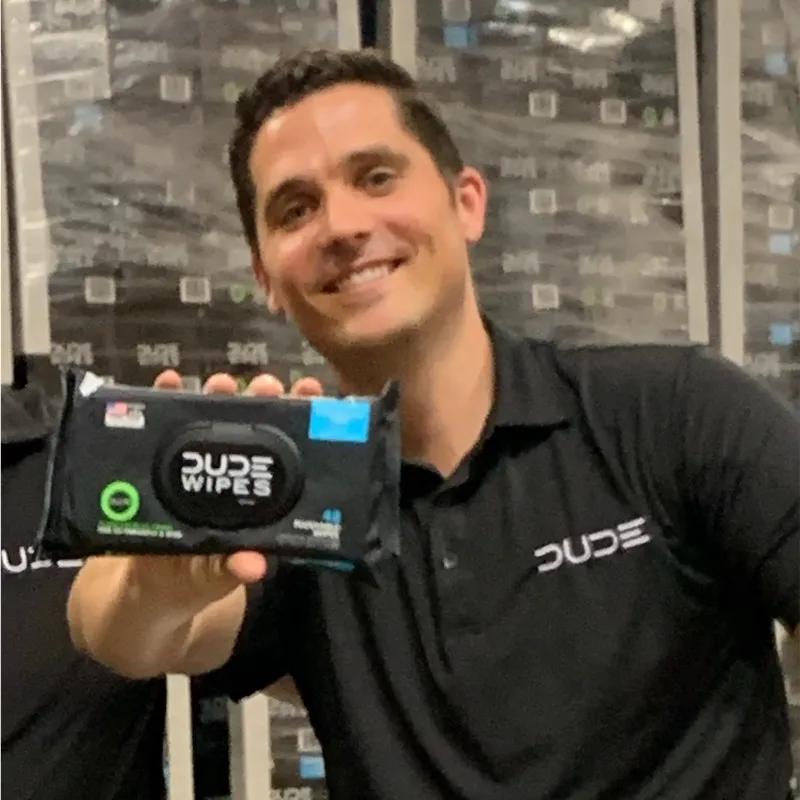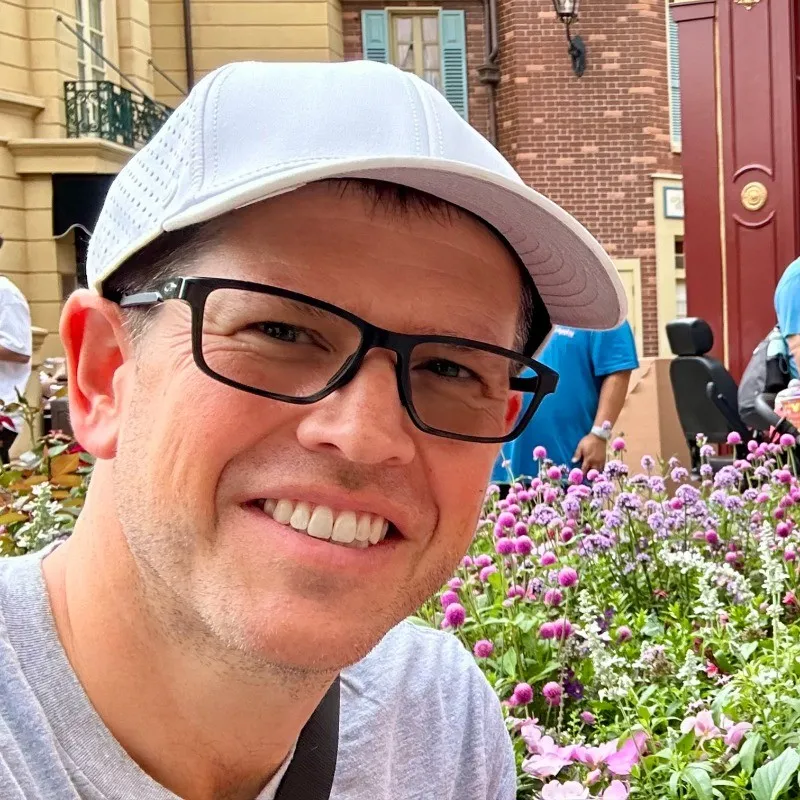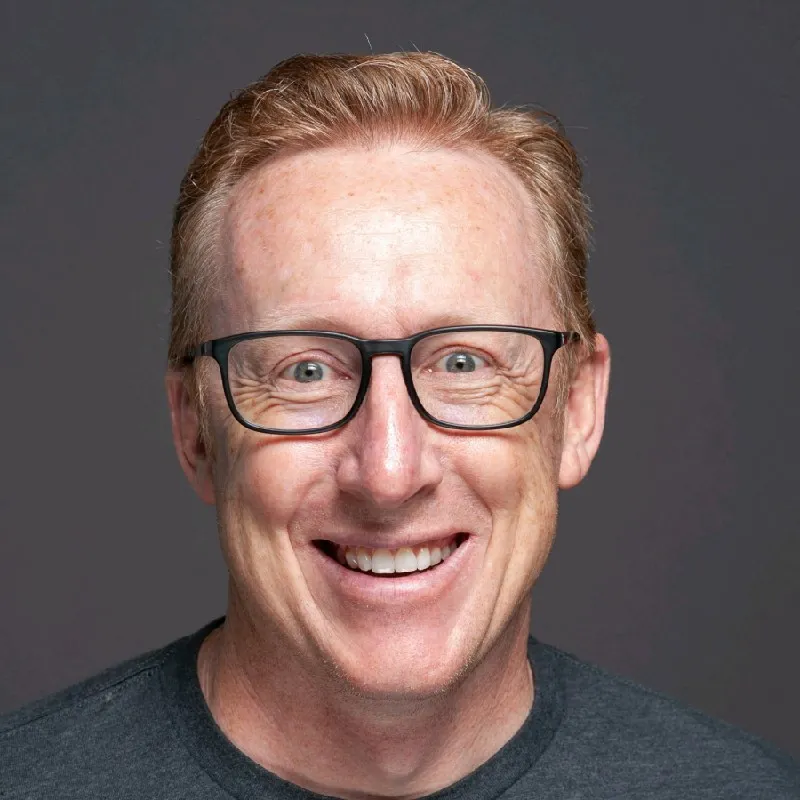Finance and accounting, as lifelong, fulfilling careers, have a marketing problem. Contrary to what is taught in accounting programs across the country, the final stages of a career in finance and accounting aren’t only a life sentence on a partner track at a public accounting firm. Instead, the options that younger generations crave — entrepreneurship, impactful leadership, social media following and overall success — are all accessible in finance and accounting in a variety of interesting ways.
Whether it’s turning a business idea with friends into a near- billion-dollar venture, or taking your family business to the next level using social media, or creating a company that provides an innovative solution for obtaining certification credits, the doors of possibility are unlimited.
Pursuing entrepreneurship and a CFO seat
There are plenty of great potential business ideas that, for a variety of reasons, never come to fruition. However, Jeffrey Klimkowski, CFO and co-founder of DUDE Products, the brand that sells DUDE Wipes, left his high-paying dream job as an investment banker to build a business with his friends. Now as a CFO, he says the decision-making processes he gets to be a part of when it comes to business marketing spend are some of the best parts of his job.

Jeffrey Klimkowski
Permission granted by DUDE Products
“When it comes to marketing spend, which we do a lot of, my approach has changed over time,” Klimkowski said. “And over the last nearly 14 years we’ve been around, it’s been really fun to be involved in that part of the process.
“When we first started, we were digitally native dudes,” he said. “We were all in the pay-per-click, retail media, big-box store website model. But as the pandemic hit, our demand skyrocketed, and we developed a motto here that ‘scared money don’t make money.’”
Klimkowski said the company has always had fun wordplay in their successful marketing campaigns. But as the business grew and demands changed, it opened up the opportunity to have more fun trying to grow the brand further.
“The claim ‘pants down, wet cleans better than dry’ is a message that we know resonates with our consumer and drives trial and traffic,” he said. “But, and this is a part of the job I enjoy, because of our rising demand and push to take risks, we’ve been able to do some pretty cool stuff.”
Creativity allowed the company to develop opportunities that were still in budget. For example, “we had a UFC and WWE takeover, which made us trend worldwide on Twitter, Klimkowski said. “So we then had data to indicate that this marketing spend was working. This is sort of the boring part of it, but as a CFO, it was exciting because we had a good budget and plan, and when you set up processes in place where you can take action and allocate capital to risks that work, it can be really fun and rewarding to put together.”
A finance and accounting influencer
Jasmine DiLucci, the principal of the DiLucci CPA Firm, has taken a unusual approach to growing her family business. DiLucci, who has now taken control of the firm from her father, has turned to social media for growth, primarily Instagram and YouTube. In a righteous fashion, DiLucci drops knowledge on bogus claims made by other influencers and answers questions that, according to her, were frequently asked by clients she was turning away.

Jasmine DiLucci
Permission granted by Jasmine DiLucci
“The funny thing is, this [social media development] wasn’t intended as a marketing endeavor for my business,” DiLucci said. “Before this all started, I found myself turning down a lot of businesses because our fees didn’t make sense for a small case, but I still wanted to help them. But with those people, I felt like I was repeating myself, answering the same questions, and that’s what initially started the idea to create social media as I did in the first place. It was to help the clients I couldn’t help in the firm.”
As for benefits to the business, it’s been like “night and day,” she said. Currently, DiLucci boasts nearly 110,000 subscribers on YouTube and 150,000 on Instagram. This following, she said, has completely changed the value and growth trajectory of her business.
“We had a good business already, but on the sales side of things, we had to push much harder to get clients,” DiLucci said. “What social media has done for us has made our business indestructible. I am much more comfortable making decisions about which clients we do and don’t take on or how I want to run the business because I know our reputation and the demand for our services is incredibly high.
“All the inflow of new business is now free because of social media,” she said. “I don’t have to pay for new clients, so the company’s acquisition costs are like zero now. People are applying for jobs I am not posting. It’s created an incredible demand for my business from both a talent and client perspective.”
On dealing with negative comments, something accounting and finance school doesn’t prepare you for, DiLucci says it’s something that has gotten easier as her following has grown.
“One thing I’ve learned about social media is that if you’re doing a great job and adding value for people, you will have fans. And those fans will help deal with a lot of the negative or hateful comments,” she said.
“Just the other day, I had a comment that accused me of being nonsensical or something like that, and I had nine or 10 people immediately jump in and defend me. So, as my following has grown, I don’t have to do much about those types of comments anymore,” DiLucci said.
Creating a media start-up
Blake Oliver, who started as a musician but found his way to accounting and then marketing jobs within accounting, now provides CPE credits through podcasts via his start-up, dubbed Earmark. A platform with numerous podcasts offering finance, accounting and fraud insights, Oliver and his co-founder David Leary, who spent over two decades in a variety of roles at Intuit, wouldn’t trade their jobs to get back into traditional accounting.

Blake Oliver
Permission granted by Blake Oliver
On a recent episode of The Accounting Podcast, Oliver and Leary talked about why they enjoy the jobs they have now so much that they wouldn’t take the CFO role at a company like OpenAI or Google if offered a position.
Leary said he would turn down the CFO roles in question if offered because he enjoys the start-up culture. “I’m going to say no right now after doing 22 years at a huge corporation,” he said. “I like what we’ve built and what we’re doing now at Earmark.”
As for Oliver, he says it is all about work-life balance. “My answer is no, but not because I wouldn’t find it fascinating, assuming I had the capability to do this job, but I know it would just take all of my time. For me, what I love about accounting the most is the opportunity to have a very flexible lifestyle.”
“I can live relatively comfortably here in Arizona,” he said. “I can work when I want, how much I want, and I can afford to live… At this point in my life, having a kid, I like being able to say ‘I am just going to work in the mornings.’”
When asked about how accounting careers are perceived, Leary made an interesting observation about the perception of the career path when he was a student.

David Leary
Permission granted by David Leary
“Going back to when I was in college, most didn’t know what an accounting partner even was; that didn’t even exist in your brain,” he said.
“But you knew what a CFO was. It was interesting because everyone knows what a CFO is, but you’re pushed into public accounting. I know why; it’s because they’d have mixers for the accounting club, and the big firms were there. The industry wasn’t there.”
















